Search Results: AC
-
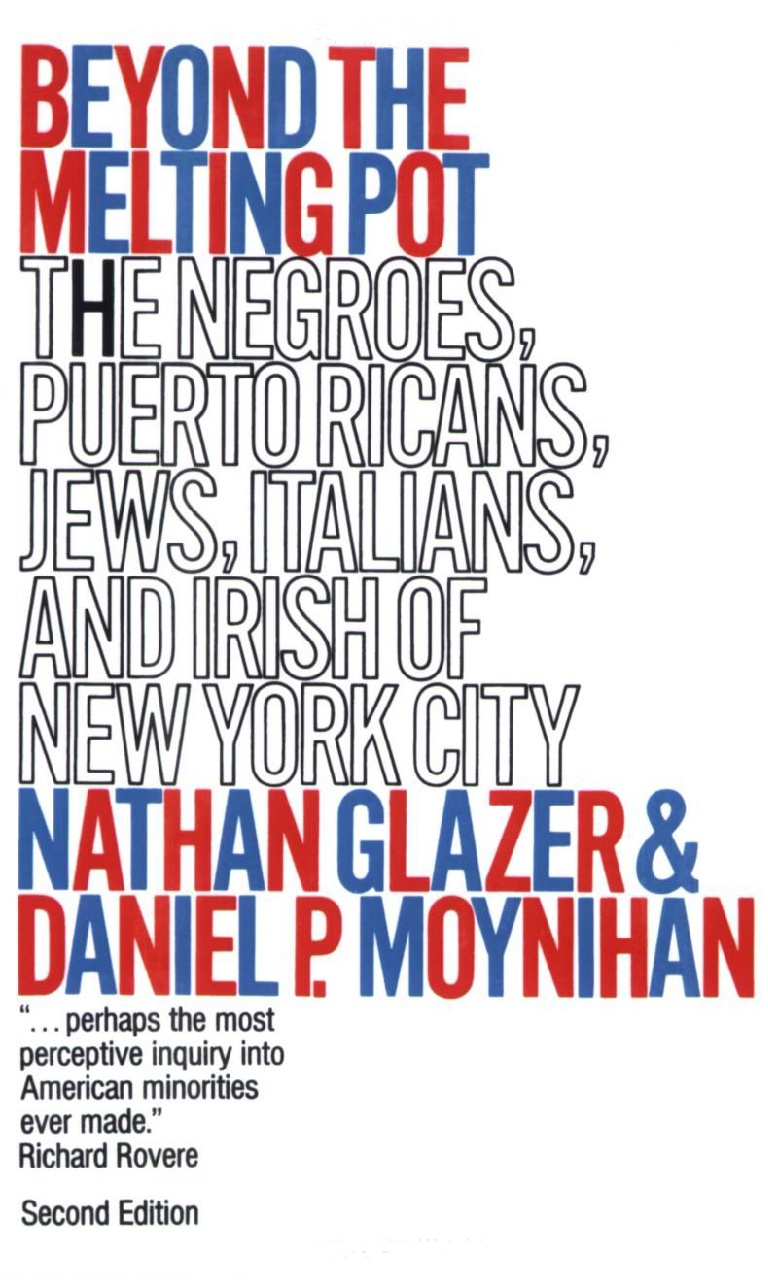 Book
BookBeyond the Melting Pot
‘One of the most popular, and most influential, works of sociology of its time’ [….] “Beyond the Melting Pot” generated a debate as to whether—and to what degree—ethnic cultures should assimilate into American society.
-
 Book
BookSpirit of Survival
Gail Sheehy has rocked the culture and changed the way millions of women and men around the world look at the stages of their lives.
-
 Book
BookMankind Evolving
With a profound knowledge of the biological theory of evolution and modern genetics, Mr. Dobzhansky explores the possibilities of understanding mankind as a product of evolution and as an evolving whole.
-
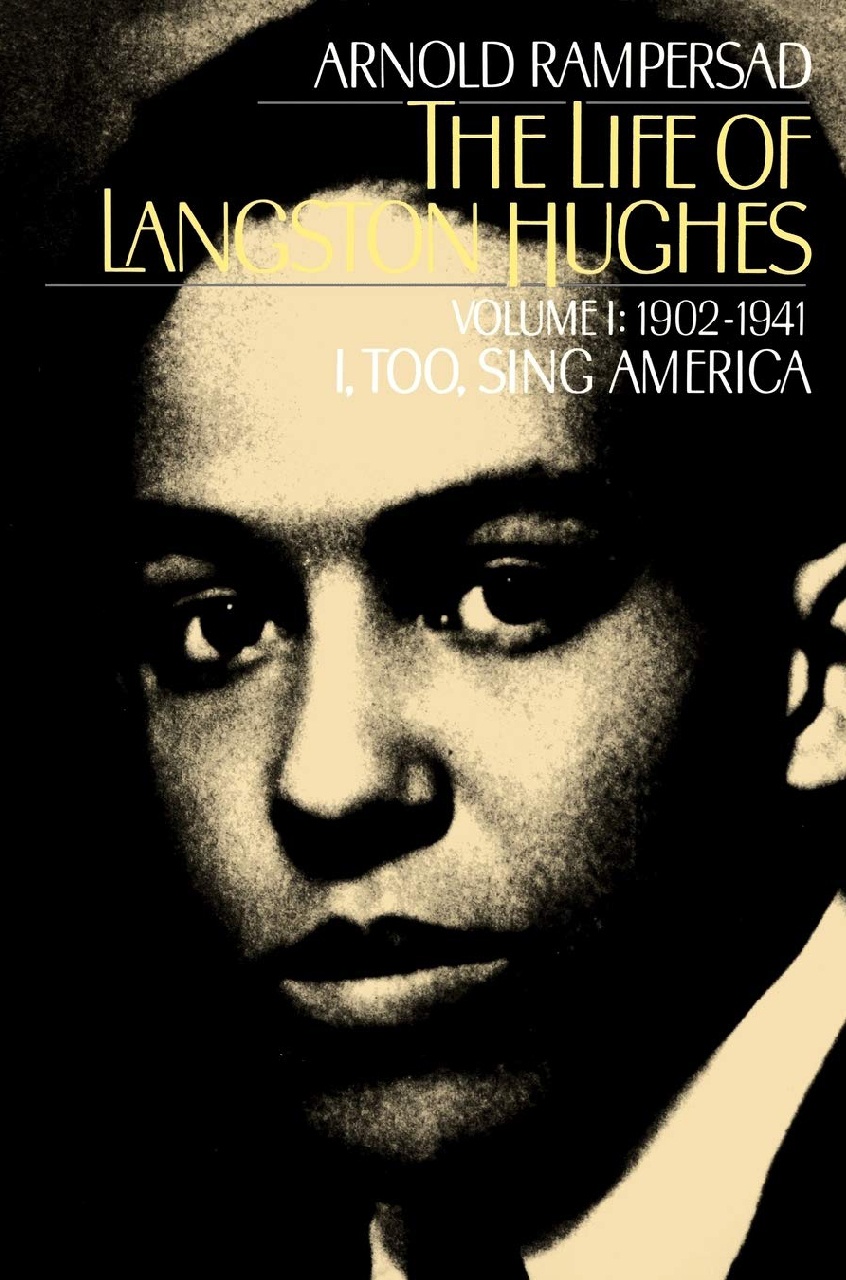 Book
BookThe Life of Langston Hughes
This balanced, honest biography offers deep insights into a major artist’s personality and work as well as a sweeping view of American culture in his lifetime.
-
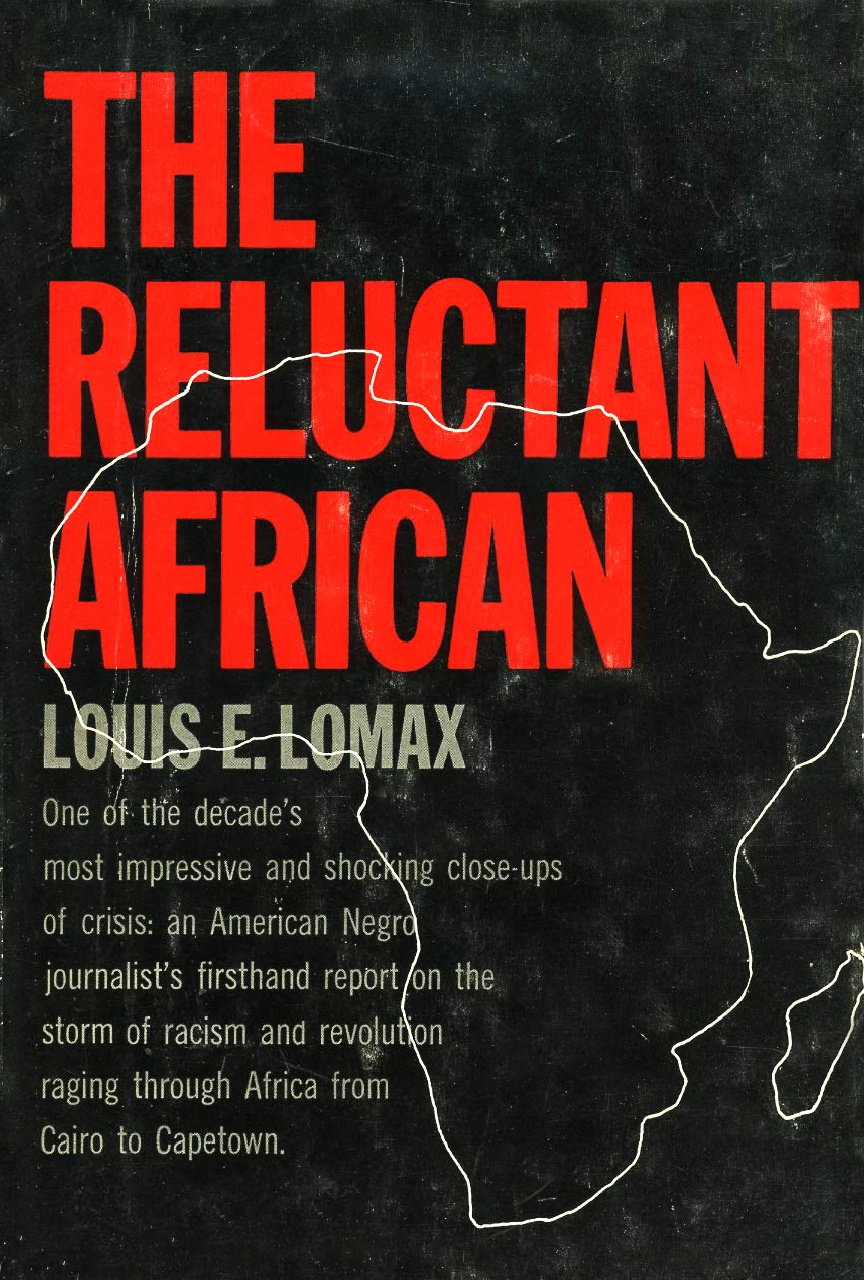 Book
BookThe Reluctant African
In defending his country, he was also surprised at how often the fact that he was an American seemed much more important than the color of his skin.
-
 Book
BookNazis in Skokie
Downs combines detailed social history with informed legal interpretation in a provocative examination of an abiding tension between individual freedom and community integrity, and between procedural and substantive justice.
-
 Book
BookTo Sir, With Love
He came to know the virus of prejudice very well, as he was turned down from job after job. Braithwaite described feeling “caught like an insect in the tweezers grip of prejudice.” Teaching became the cure to set him free.
-
 Book
BookI Speak for Myself
Haynes Holmes helped found the National Association for the Advancement of Colored People (NAACP) in 1909 and also the American Civil Liberties Union (ACLU) in 1920.
-
 Book
BookThe Lost Cities of Africa
Davidson traces the exciting development of the rich kingdoms of the lost cities of Africa, fifteen hundred years before European ships first came to African shores.
-
 Book
BookThe Abandonment of the Jews
In this controversial work, he suggests, with good cause, that a combination of anti-Semitism and indifference to anything not perceived as being of direct strategic importance to the United States indirectly led to countless deaths.
-
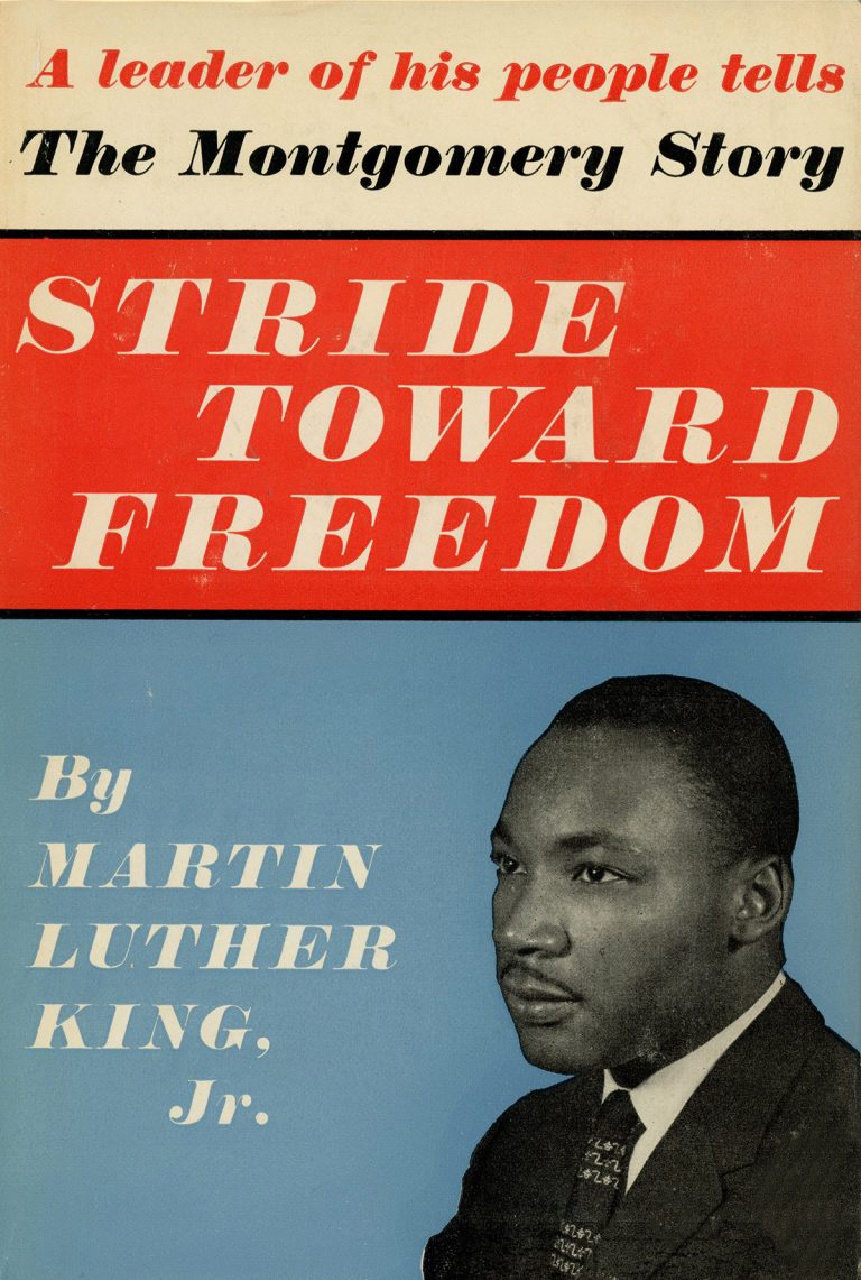 Book
BookStride Toward Freedom
King came to represent black courage and achievement, high moral leadership, and the ability of Americans to address and overcome racial divisions.
-
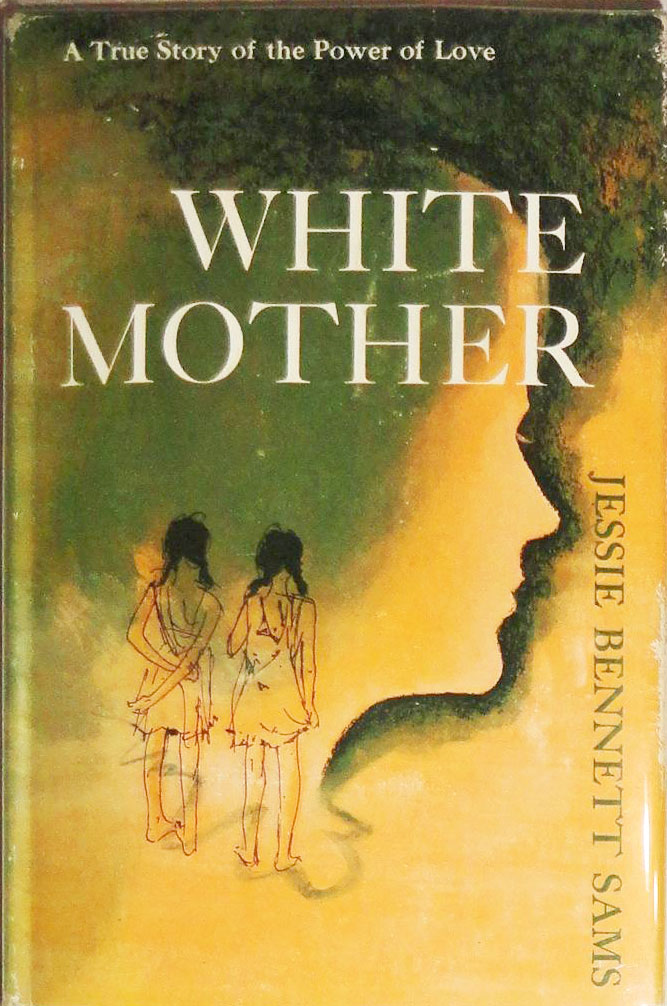 Book
BookWhite Mother
‘White Mother’ is an unusual, colorfully told true tale that transcends the barriers of racial prejudice. It is the story of the power of love, one that will renew your faith in the inherent goodness of human nature.
-
 Book
BookThe Masters and the Slaves
With astonishing erudition, a commanding sense of style, and a gift for gripping narrative, Senhor Freyre has applied all the modern techniques of social study to the remarkably successful melting-pot culture of “medieval” Brazil.
-
 Book
BookA Manual of Intergroup Relations
This book […] is ‘a practical guide for those actively engaged in reducing segregation and discrimination in public institutions, voluntary social agencies, and in other community organizations.’
-
 Book
BookCultural Differences and Medical Care
Saunders presents the book as a general account of Spanish-American culture “to enable professional people who work with members of the Spanish-speaking group to have some insights into factors that may underlie some of their behavior.” He succeeds admirably.
-
 Book
BookSimple Takes a Wife
As a poet, playwright, fiction writer, autobiographer, and anthologist, Hughes captured the moods and rhythms of the black communities he knew and loved—and translated those rhythms to the printed page.
-
 Book
BookA Many-Splendored Thing
I write as an Asian, with all the pent-up emotions of my people. What I say will annoy many people who prefer the more conventional myths brought back by writers on the Orient. All I can say is that I try to tell the truth. Truth, like surgery, may hurt, but it cures.
-
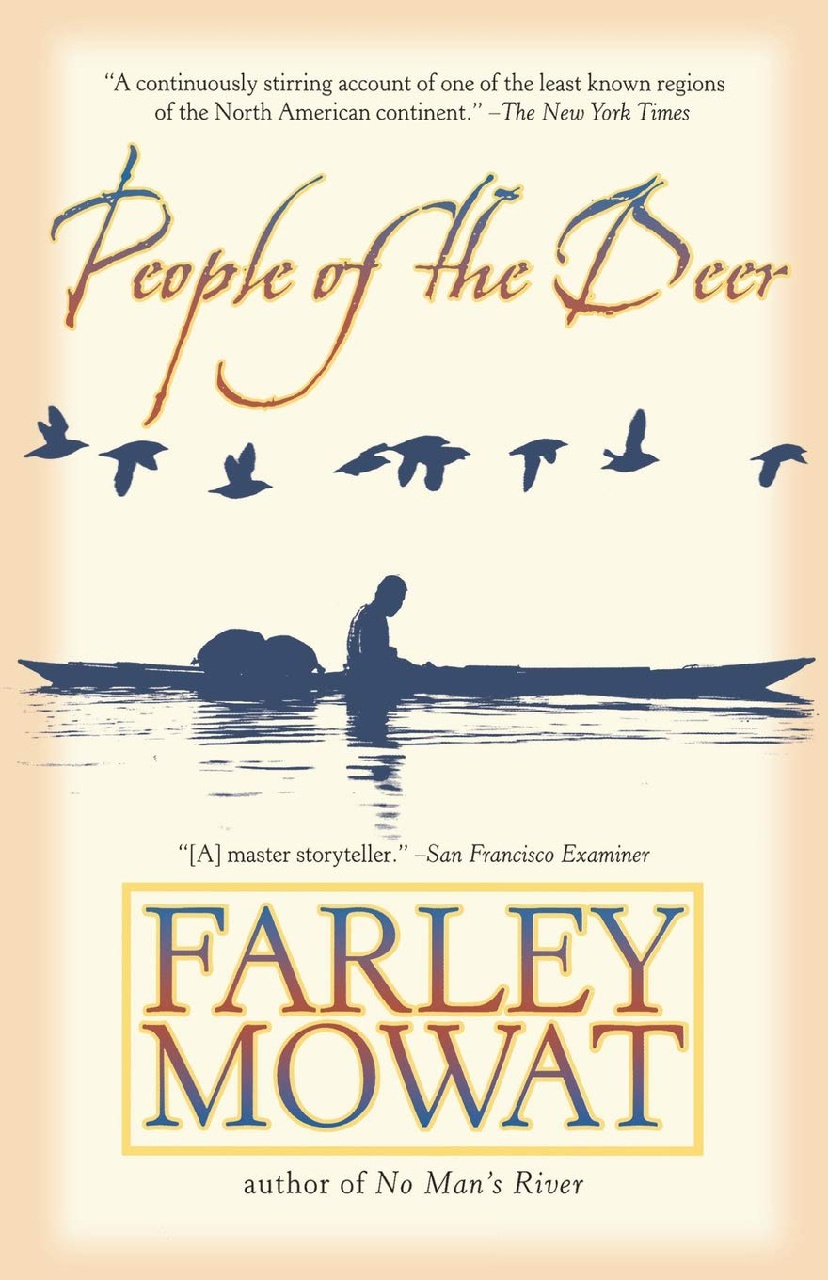 Book
BookPeople of the Deer
Mowat refers to himself as a “saga man,” or one who earns his living as a roving bard, retelling ancient tales in the Norse tradition.
-
 Book
BookMouroir
An Orphic voyage into memory and mirage, through passages between death and life, darkness and light, oppression and flight, sense and the sensed.
-
 Book
BookVenture to the Interior
Instead, his venture to the interior is more existential, and he isn’t afraid to muse in the manner of St. Exupery—a refreshing break from much of today’s vapid extreme outdoor culture. [….] The book has a resonance beyond its clean, quiet prose—a kind of melancholic self-reflection.